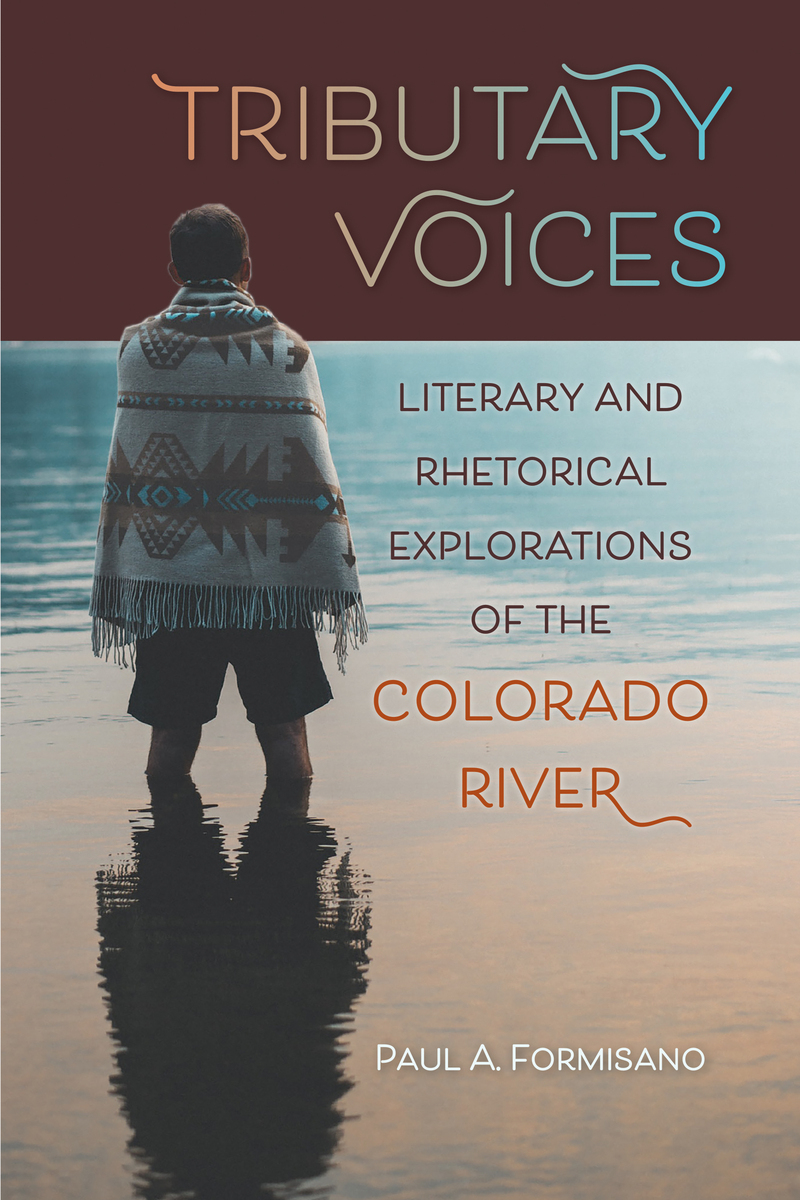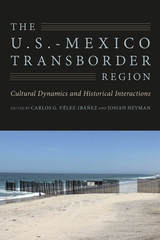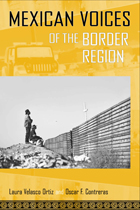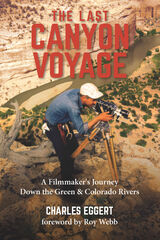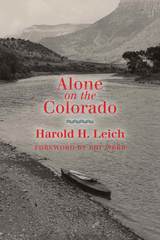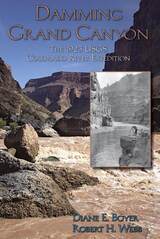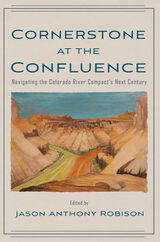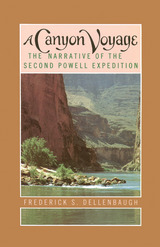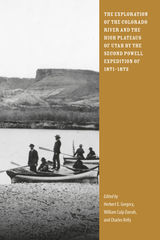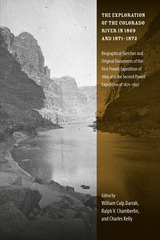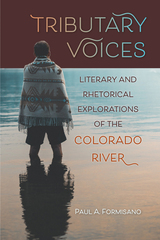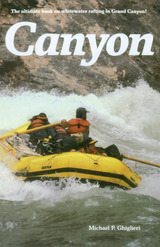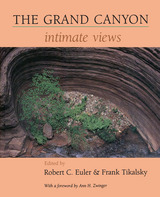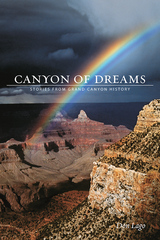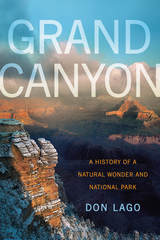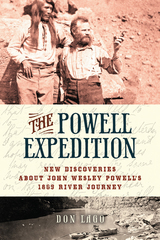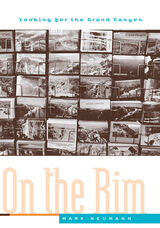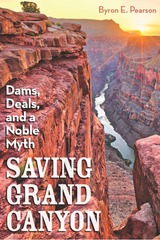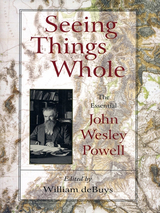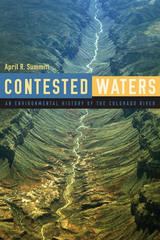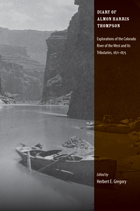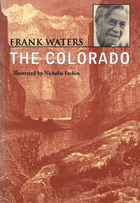Tributary Voices: Literary and Rhetorical Exploration of the Colorado River
University of Nevada Press, 2022
Paper: 978-1-64779-042-4 | eISBN: 978-1-64779-043-1
Library of Congress Classification F788.F64 2022
Dewey Decimal Classification 979.13
Paper: 978-1-64779-042-4 | eISBN: 978-1-64779-043-1
Library of Congress Classification F788.F64 2022
Dewey Decimal Classification 979.13
ABOUT THIS BOOK | AUTHOR BIOGRAPHY | REVIEWS | TOC | REQUEST ACCESSIBLE FILE
ABOUT THIS BOOK
The Colorado River is in crisis. Persistent drought, climate change, and growing demands from ongoing urbanization threaten this life-source that provides water to more than forty million people in the U.S. and Mexico. Coupled with these challenges are our nation’s deeply rooted beliefs about the region as a frontier, garden, and wilderness that have created competing agendas about the river as something to both exploit and preserve. Over the last century and a half, citizens and experts looked to law, public policy, and science to solve worsening water problems. Yet today’s circumstances demand additional perspectives to foster a more sustainable relationship with the river.
Through literary, rhetorical, and historical analysis of some of the Colorado River’s lesser-known stakeholders, Tributary Voices considers a more comprehensive approach to river management on the eve of the one-hundredth anniversary of the signing of the Colorado River Compact, which governs the allocation of water rights to the seven states in the region. Ranging from the early twentieth century to the present, Tributary Voices examines nature writing, women’s narratives, critiques of dam development, the Latina/o communities’ appeals for river restoration, American Indian authors’ and tribal nations’ claims of water sovereignty, and teachings about environmental stewardship and provident living. This innovative study models an interdisciplinary approach to water governance and reinvigorates our imagination in achieving a more sustainable water ethic.
Through literary, rhetorical, and historical analysis of some of the Colorado River’s lesser-known stakeholders, Tributary Voices considers a more comprehensive approach to river management on the eve of the one-hundredth anniversary of the signing of the Colorado River Compact, which governs the allocation of water rights to the seven states in the region. Ranging from the early twentieth century to the present, Tributary Voices examines nature writing, women’s narratives, critiques of dam development, the Latina/o communities’ appeals for river restoration, American Indian authors’ and tribal nations’ claims of water sovereignty, and teachings about environmental stewardship and provident living. This innovative study models an interdisciplinary approach to water governance and reinvigorates our imagination in achieving a more sustainable water ethic.
See other books on: Colorado River (Colo.-Mexico) | Discourse analysis, Literary | Rivers | Water Supply | Water-supply
See other titles from University of Nevada Press
